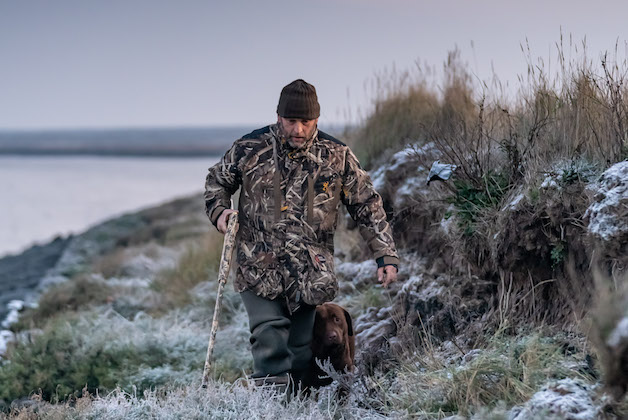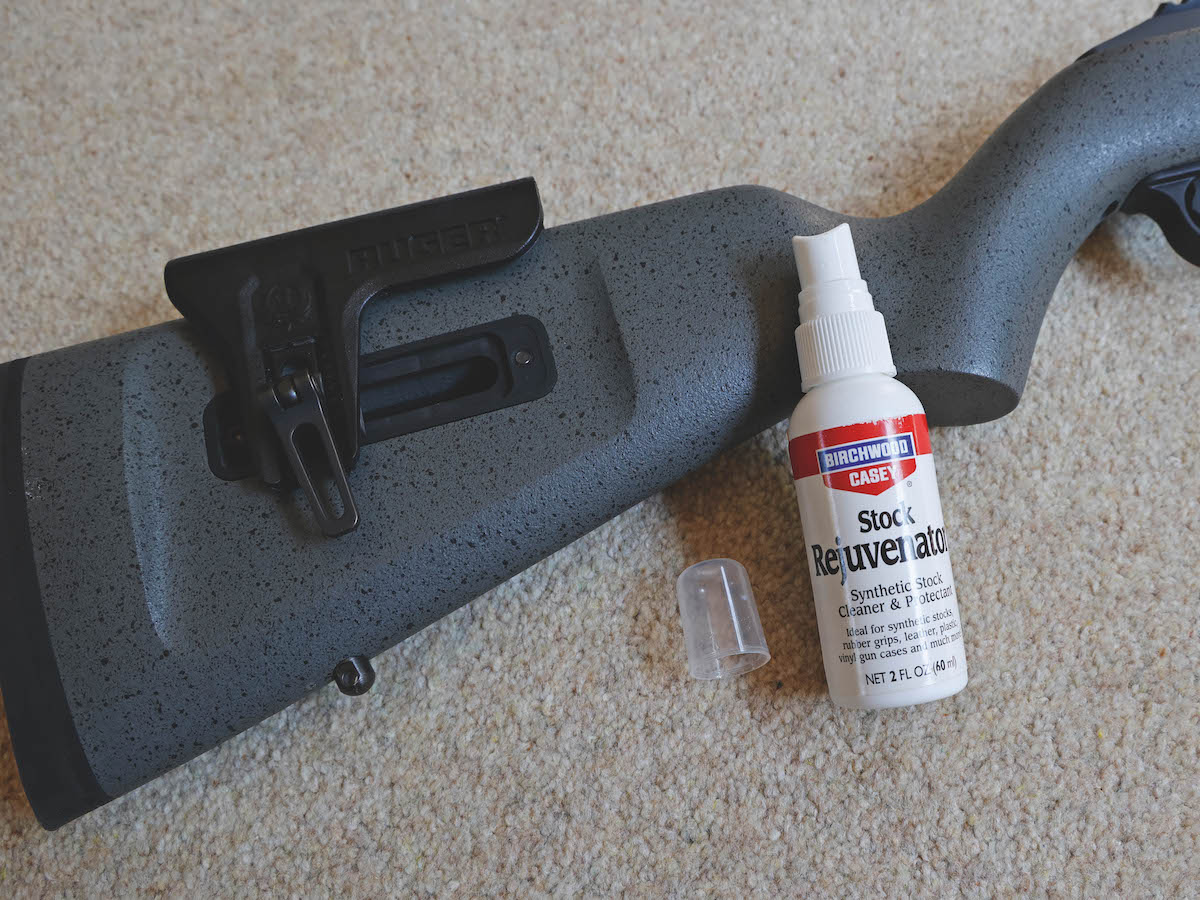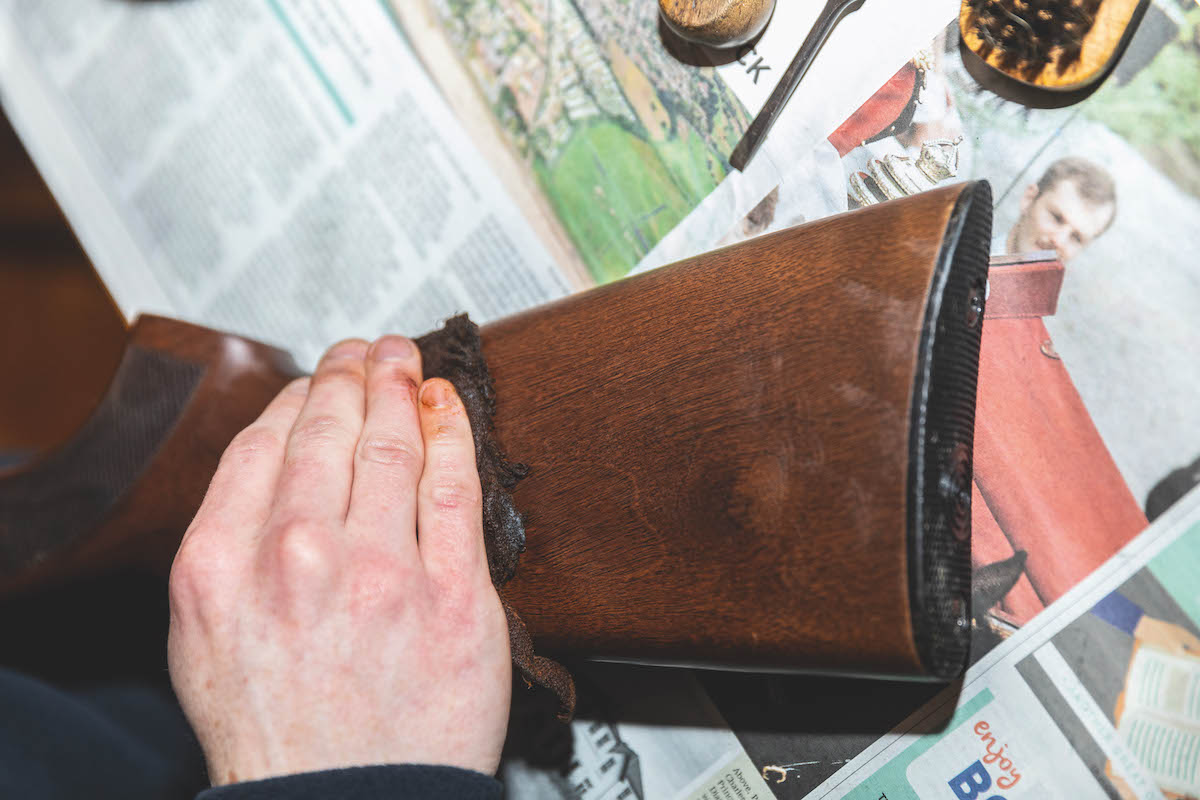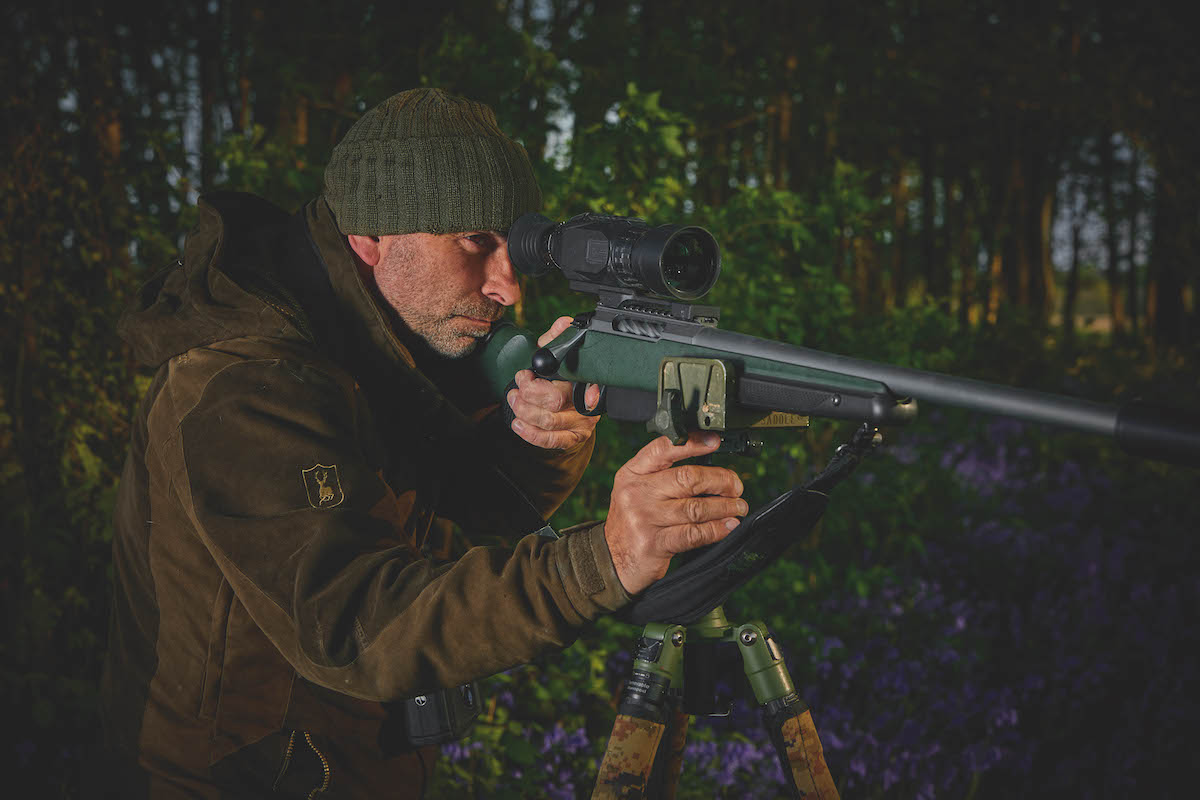Why you should never let snow get into your barrels
For shooting, snow is usually considered a good thing, adding a touch of winter wonderland to the occasion — just don’t get it in your barrels warns Alasdair Mitchell

The weather in January is generally more wintry, with strong winds and even snow
Dangers of obstructing gun barrels
In the countryside, normal life goes on in wintry weather. And that includes shooting, which usually thrives in snowy conditions. A bit of old-fashioned hard weather keeps the birds from straying, while a decent covering of snow adds a winter wonderland aspect to a driven pheasant shoot. A blanket of snow also helps to reveal the nocturnal wanderings of a host of animals. In short, snow is generally a good thing for shooting — just as long as it doesn’t get into the barrels of your gun. One slip or trip, and you could find your gun barrels plugged up. Worse, if you don’t realise this, the consequences could be disastrous. Obstructing gun barrels is dangerous.
How to protect gun barrels
Shotgun barrels are very thin and may burst on firing due to the increased pressure caused by an obstruction. I learned about this at an early age, when reading The Little Grey Men by that great writer BB. One of the characters in the book gained revenge by secretly pushing tree leaves down the barrels of the villain’s shotgun.
Rifle barrels are a very different matter, being much more robust. To tape or not to tape? That is the question. I’m talking about covering the muzzle of a rifle with electrical tape, or something of that ilk, to prevent the ingress of snow, rain or mud. I used to carry a pull-though with me when stalking, but it occurred to me that it wouldn’t be of much use if the barrel was badly blocked.
A cleaning rod would do the job — but how many of us go to the bother of carrying one in the field? It makes more sense to avoid obstructing gun barrels in the first place. The tape is invariably burst, or blown off the muzzle entirely, by the column of compressed air that is forced up the barrel ahead of the bullet. Studies have shown that moderate taping has no measurable effect on accuracy. In wartime, condoms were often used as barrel protectors and today some people use small balloons or medical finger guards.
During the COVID-19 pandemic, fingers cut from nitrile gloves have been used. With the use of sound moderators now common, balloons have been making a comeback. Nowadays, most winter stalking entails using rifles with weatherproof plastic stocks. I used to have a rifle with a floating barrel and a lovely wooden stock. I generally used it for stags, or in Africa. On the few times I took it out for hinds in the winter, I noticed that the fore-end tended to warp in wet, sleety conditions, causing it to touch the floating barrel in places. I don’t know for certain what this did to the accuracy, but it cannot have been good as it must have affected the barrel vibration.
I wish you a happy New Year, some scenic snow and clear barrels.








